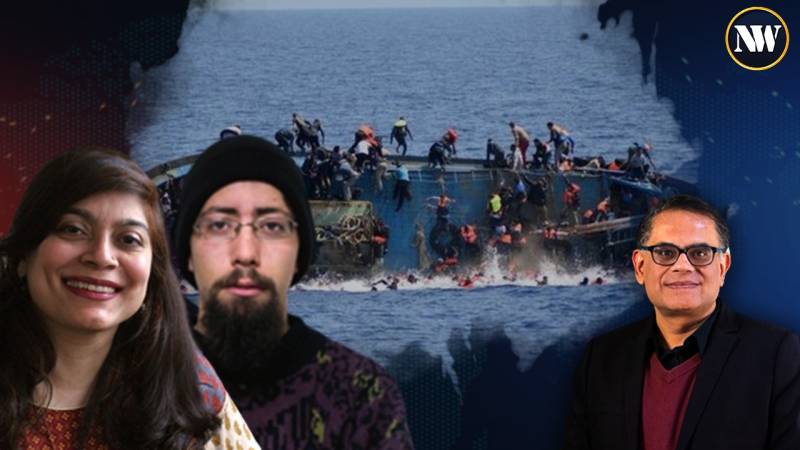The recent tragedy of a migrant boat capsizing in front of the coast of Greece sent shudders across the world as hundreds of innocent people lost their lives in an event that was avoidable.
With unprecedented levels of human mobility, the issue of migration has taken center stage in global discussions, with Europe often finding itself at the forefront of this complex and multifaceted challenge. The recent statement by the EU Commissioner for Human Rights, urging member states to move beyond mere lip service and take tangible actions to uphold human rights, highlights the pressing need for a comprehensive and compassionate approach. In this article, we delve into the intricacies of EU policies, migration, and human rights, examining the broader context and exploring potential avenues for positive change.
The EU Commissioner's call for genuine action on human rights is a timely reminder of the significant gaps between rhetoric and reality. While member states may publicly endorse the principles of human rights, the treatment of migrants and refugees often reveals a stark disconnect between words and deeds. This call echoes across the European landscape, demanding a reevaluation of policies and a commitment to tangible measures that ensure the protection and dignity of all individuals, regardless of their migratory status.
The recent tragedy, albeit heart-wrenching, serves as a grim reminder of the larger structural issues within the European migration framework. This incident is not an isolated occurrence but rather a manifestation of a complex interplay of factors, including border security, geopolitical dynamics, and economic disparities. By examining this tragedy within the broader European context, we gain a clearer understanding of the intricate web of challenges that underlie migration issues.
One of the defining features of the EU's approach to migration is the delicate dance between neoliberal economic policies and the rise of right-wing and authoritarian governments in certain member states. Neoliberalism, with its emphasis on open markets and economic growth, often clashes with the restrictive migration policies advocated by some member states. This tension highlights the struggle within the EU to balance economic interests with human rights considerations, resulting in a patchwork of policies that reflect this ideological divide.
Within European societies, civil society actors, activists, and politicians have responded to migration challenges with a range of perspectives. While some advocate for more humane and inclusive policies, others champion restrictive measures driven by nationalistic agendas. This diversity of responses underscores the multifaceted nature of the issue and reflects the complex interplay of political, social, and economic factors at play. It is within this arena of competing ideologies that the future of European migration policies is being shaped.
Looking ahead, the question arises: Can positive change be achieved within the European approach to migration and human rights? While the challenges are formidable, there is room for optimism. The interconnectedness of issues such as migration, economic inequality, and climate change demands a holistic approach that goes beyond short-term fixes. By addressing root causes, fostering international collaboration, and adopting policies that prioritize human dignity, the EU has the potential to chart a more compassionate and effective course forward.

